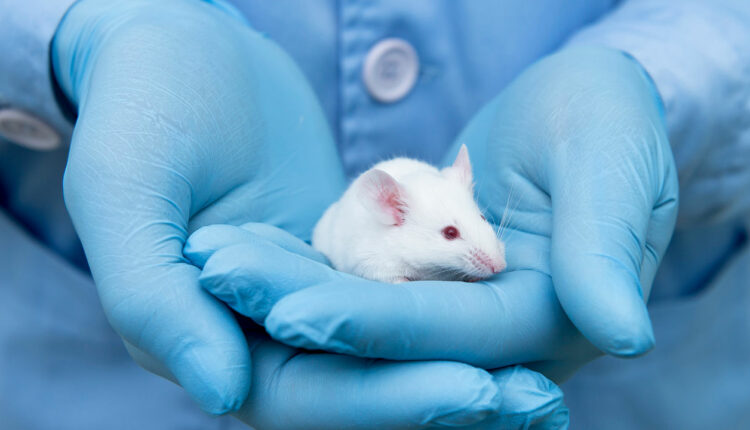
8-Year, $8.1 Million Study to Target Devastating Craniofacial Bone Diseases
UTHealth Houston researchers have received an $8.1 million grant from the National Institute of Dental and Craniofacial Research to explore how skeletal stem cells contribute to craniofacial bone diseases and deformities.
Craniofacial bone diseases, affecting millions worldwide, present serious challenges due to the unique demands placed on the skull and jaw by essential functions such as chewing and breathing. Researchers at UTHealth Houston have been awarded $8.1 million by the National Institute of Dental and Craniofacial Research to investigate the role of skeletal stem cells in these diseases and deformities over the next 8 years.
The project focuses on understanding how skeletal stem cells contribute to conditions such as idiopathic condylar resorption and osteonecrosis of the jaw. These disorders, which affect bone regeneration and cause deformities in the jaw and skull, have been linked to faulty stem cell behavior. By using genetically engineered mice, researchers will track these cells to reveal how they malfunction and drive disease.
The study is divided into three main programs, each examining different aspects of craniofacial bone formation. The research could lead to targeted therapies that improve bone healing and regeneration, offering new hope to people suffering from bone disorders.
By decoding the mechanisms of these diseases, the UTHealth Houston team may pave the way for innovative treatments. Click here to read more.

